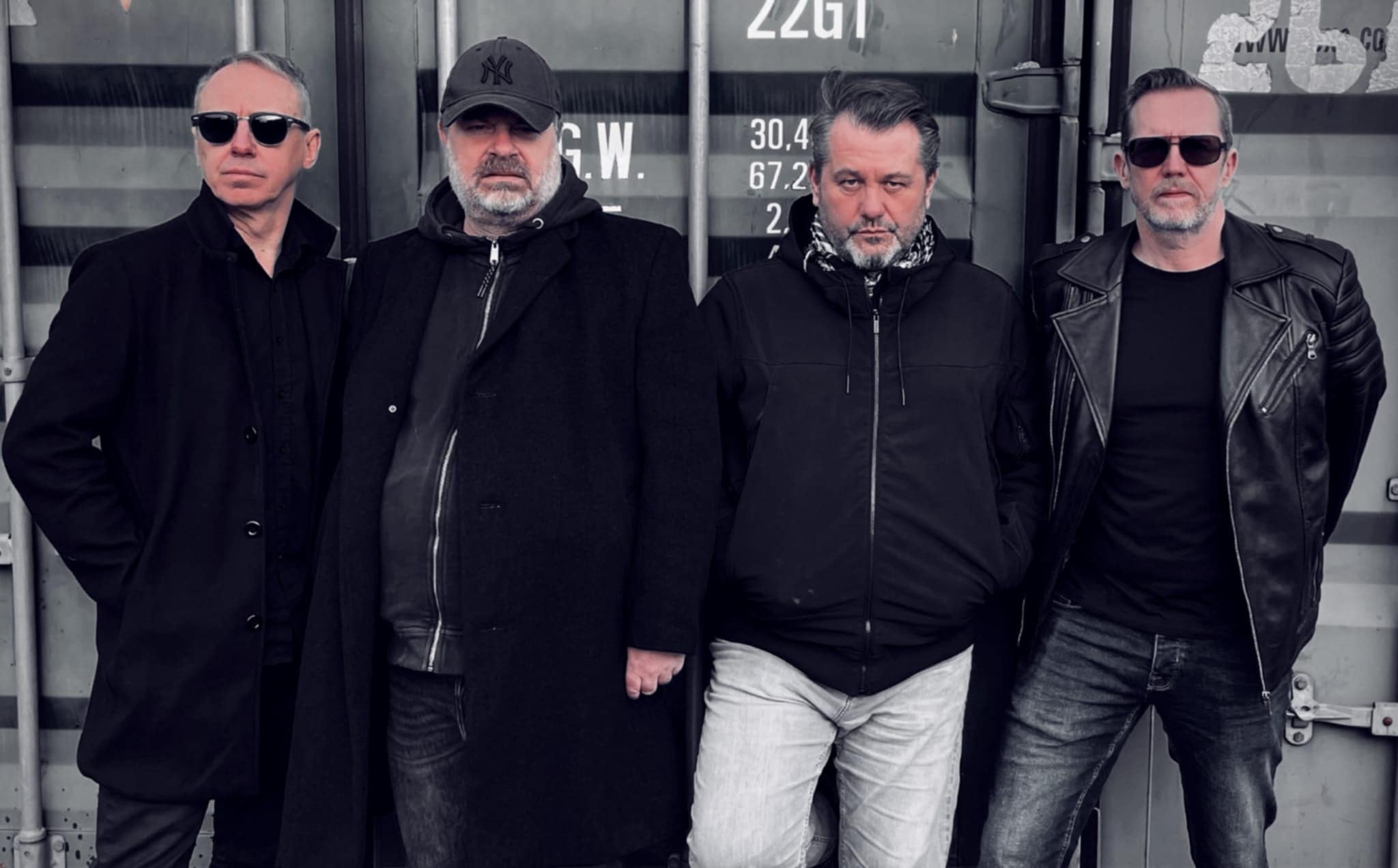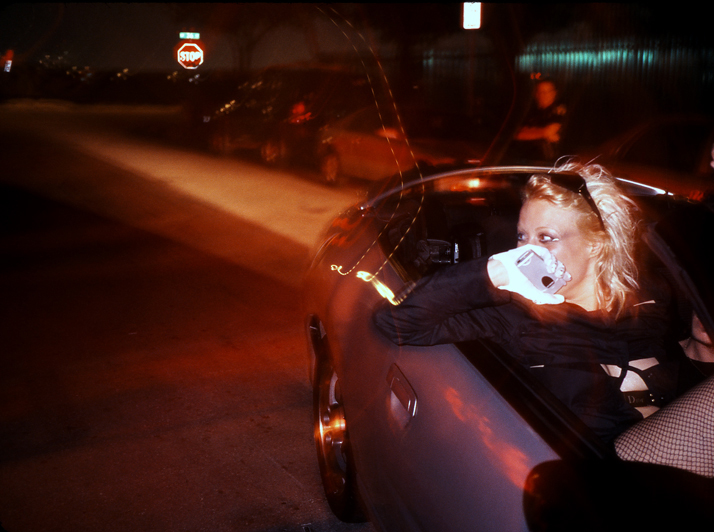Growing up in Neu Isenburg, Germany, Sarah Wohl, 42, the daughter of a Christian mother and Jewish father, didn’t consider herself Jewish religiously or culturally. “If someone asks me whether I am Jewish, my answer is no.” Wohl says “I have a Jewish heart, but I don’t feel Jewish.”
Still, while Wohl, 42, does not consider herself Jewish, she encountered antisemitism from an early age. In first grade, a teacher banned her from religious education upon learning of her Jewish family because, as the teacher asserted, Jews killed Jesus. During her time at university, Wohl shared a dormitory with roommates who upon discovering that she has a Jewish family, began excluding her because they were very anti-Israel.
Wohl‘s story illustrates the multifaceted identities that Patrilineal Jews adopt. While Wohl distances herself from a religiously Jewish identity, she views much of German society through a Jewish lens, with stark awareness that, during Nazi Germany she would have been considered Jewish. “If I had been born 80 years ago, I would have been killed.”
The identity of patrilineal Jews in Germany is characterized by a struggle of recognition and acceptance. Patrilineal Jews in Germany are often stuck between two worlds, being Jewish enough for some but not being Jewish enough for others.
Who is considered a Patrilineal Jew? In Judaism, the Halacha, a series of oral and written texts, serves as religious law and the foundation of religious Judaism. According to the Halacha, an individual can only be considered Jewish if born to a Jewish mother or if undergone a proper conversion (Giur). Patrilineal Jews, born to a Jewish father and a non-Jewish mother, are not considered religiously Jewish as per the Halacha.
The Jewish community in German numbers about 118,000 people according to the Berman Jewish Databank and includes anyone who self-identifies as a Jew. The number 118,000 people thus does not coincide with the Halacha and includes patrilineal Jews. Among that group, about 95,000 people are registered in Jewish communities which likely does not include any patrilineal Jews.
Like Wohl, Dr. Ruth Zeifert, a German- Israeli patrilineal Jew from Frankfurt, grew up with an intense awareness of Germany and its Nazi history. “For me, it was always clear that I am on the side that would have gone to the gas chambers,” Dr. Zeifert says.
Along with her brother, Dr. Zeifert, attended a Jewish school in Frankfurt, Germany, where “It was always clear that we were not Jews.” Dr. Zeifert says that she has tried to distance herself from seeking validation and acceptance from others. Still the exclusion she experiences affects her. Even though she worked for many years in the communication department at the Munich Jewish Community, she was banned from conferences because she was a patrilinal Jew.
Dr. Zeifert opted against conversion. “For me, it is not the right way. I know I will feel I am a convert afterward and not more Jewish.” While she hopes that Germany’s Jewish community will find a way to accept Patrilineal Jews, However, she believes that “In Germany, we have too few Jews for liberal communities to prevail here.”
The acceptance of patrilineal Jews is not only a religious question, but also has sociological ramifications, said German Jewish author and activist Laura Caszes. Patrilineal Jews are often children of holocaust survivors and are not spared from generational trauma. Furthermore, they are not spared from antisemitism, which is important to consider as antisemitism is drastically rising. “What it means to be Jewish in Germany is incredibly complex,” Caszes said.
While Wohl has distanced herself from a religious Jewish identity, she remains passionately engaged with the plight of patrilineal Jews . She hopes for greater acceptance within Germany’s broader Jewish community, saying “In the end those who are affected are innocent children.“


